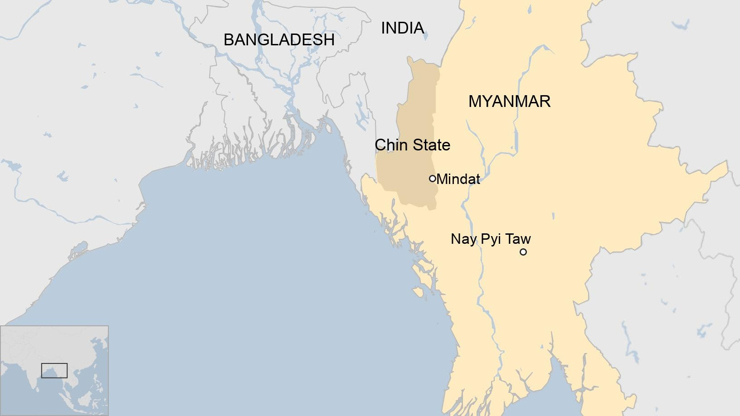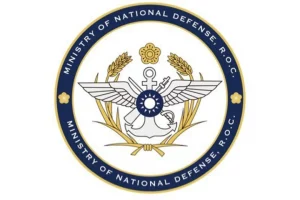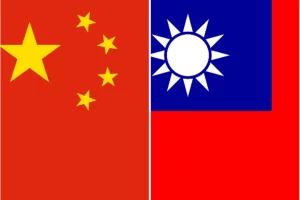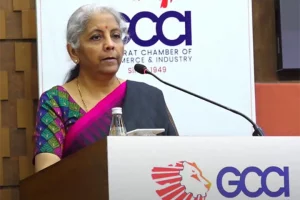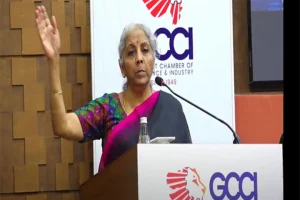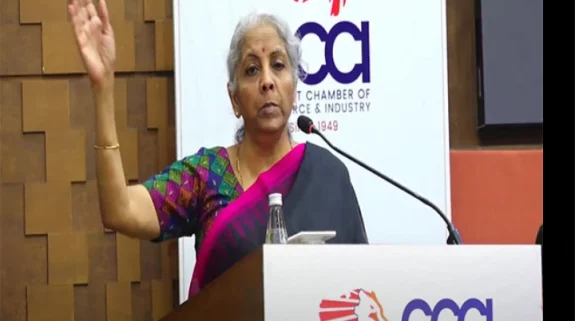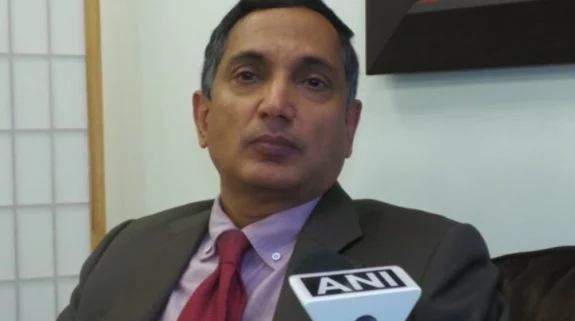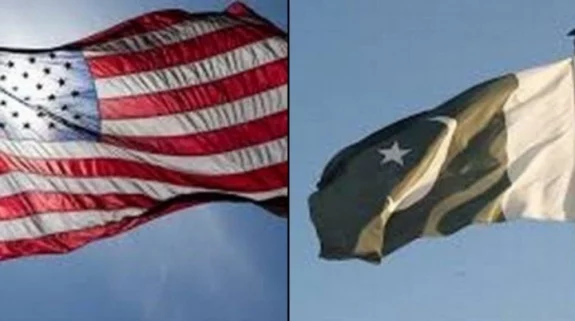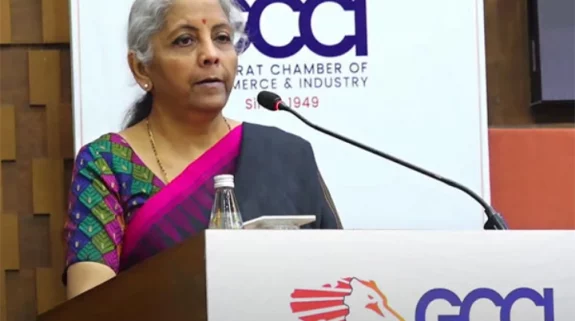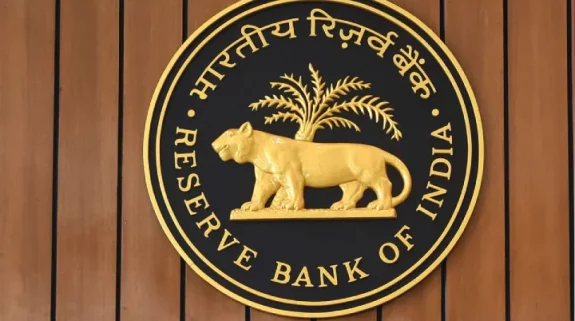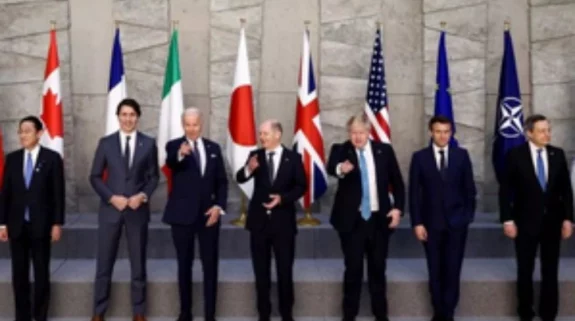India abstained from a UN General Assembly (UNGA) resolution on Myanmar saying its views were not reflected in the draft resolution. India said that it had wanted a "consultative and constructive" approach involving Myanmar's neighbouring countries.
Explaining the Indian context, India's Permanent Representative to the United Nations, TS Tirumurti said, "we find that our views have not been reflected in the draft being considered for adoption today. We would like to reiterate that a consultative and constructive approach involving the neighbouring countries and the region, remains important as the international community strives for the peaceful resolution of the issue."
The UNGA resolution on Myanmar had called "upon the Myanmar armed forces to respect the people's will as freely expressed by results of the general election of November 8, 2020, to end the state of emergency, to respect all human rights of people of Myanmar and to allow the sustained democratic transition of Myanmar, including the opening of the democratically elected parliament, and by working towards bringing all national institutions, including the armed forces, under a fully inclusive civilian government that is representative of the people's will."
Watch 📺:
Explanation of India's vote by @AmbTSTirumurti at the adoption of #UNGA resolution on Myanmar 🇲🇲@MeaIndia pic.twitter.com/iwr3yV1A2r
— India at UN, NY (@IndiaUNNewYork) June 18, 2021
Explaining India's position on Myanmar, Tirumurthi said: "The fact that there is lack of support from all neighbouring countries, as well as several countries in the region itself, should, hopefully, serve as an eye-opener to those who choose to pursue a hasty course of action".
The Indian stand at the UNGA was that a hard stand against Myanmar at this moment does not help the process of restoring democracy in the country. The Indian envoy added that the resolution is coming at a time when there are "joint efforts towards strengthening the democratic process in Myanmar". He said: "We are therefore constrained to abstain".
Explaining the Indian position over not supporting the UNGA resolution, Tirumurthi said: "India will continue to engage with measures to accelerate and support the democratic transition in Myanmar so that the hopes and aspirations of the people of Myanmar are fully respected and met".
Analysts say that India’s abstention opens the door for a third way to resolve the crisis in Myanmar, attuned to a more balanced approach which the 10-nation Association of South East Asian Nations (ASEAN) has adopted.
Read More: China extends support to Myanmar junta in the face of local and global opposition
The ASEAN countries have ramped up efforts to engage with the military to bring about a resolution to the country which is teetering on the brink of a civil war. India has welcomed the ASEAN initiative. With the civilians taking up armed resistance in collaboration with some of the ethnic rebels, the conditions in the country have only slipped.
Noted South-East Asia expert, Prof. Baladas Ghoshal, former chairman of the Centre for South and Southeast Asian Studies, JNU, and former General Secretary at the Society for Indian Ocean Studies, had told India Narrative earlier that the best way out of the impasse in Myanmar is for India to talk with stakeholders in Myanmar along with the ASEAN, Japan and South Korea.
Ghoshal had said: "Despite good relations with both sides in Myanmar, India alone may not have that much leverage with its neighbour. Myanmar is a South-East country and its identity lies with the Association of Southeast Asian Nations (ASEAN). India can join hands with ASEAN, Japan and South Korea—all of whom pull leverage in Myanmar—and persuade the army chief to give and take", Ghoshal had said.
India shares a 1,600 km long boundary with Myanmar and the two nations have solidified relations over the past few years through strategic and defence cooperation. India has built considerable rapport with both sides in Myanmar and has high stakes in bringing back democracy in its eastern neighbour.
India has had to do the balancing act earlier also. A couple of months back, India had abstained from a UN Human Rights Council resolution against Sri Lanka in an effort to maintain its relations with Sri Lanka as well as cater to the sensitivities of the ethnic Tamils.






